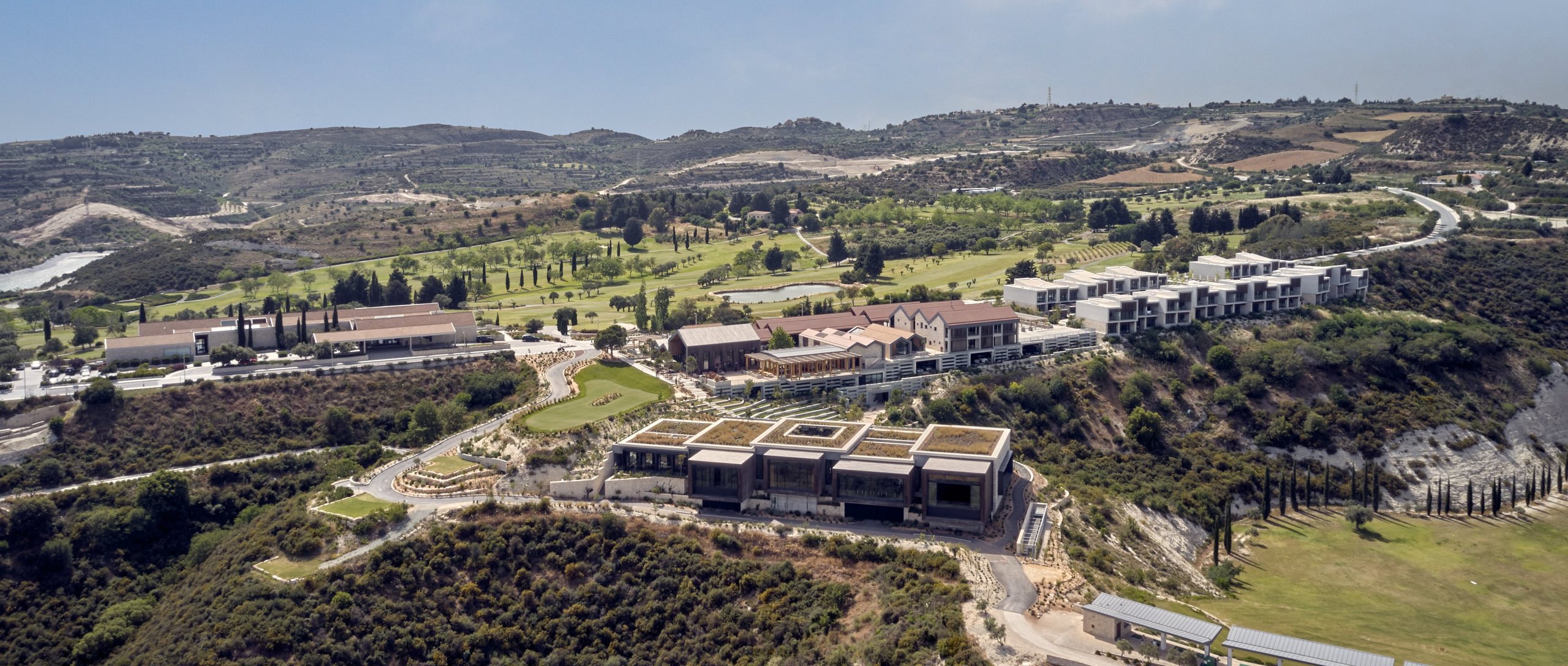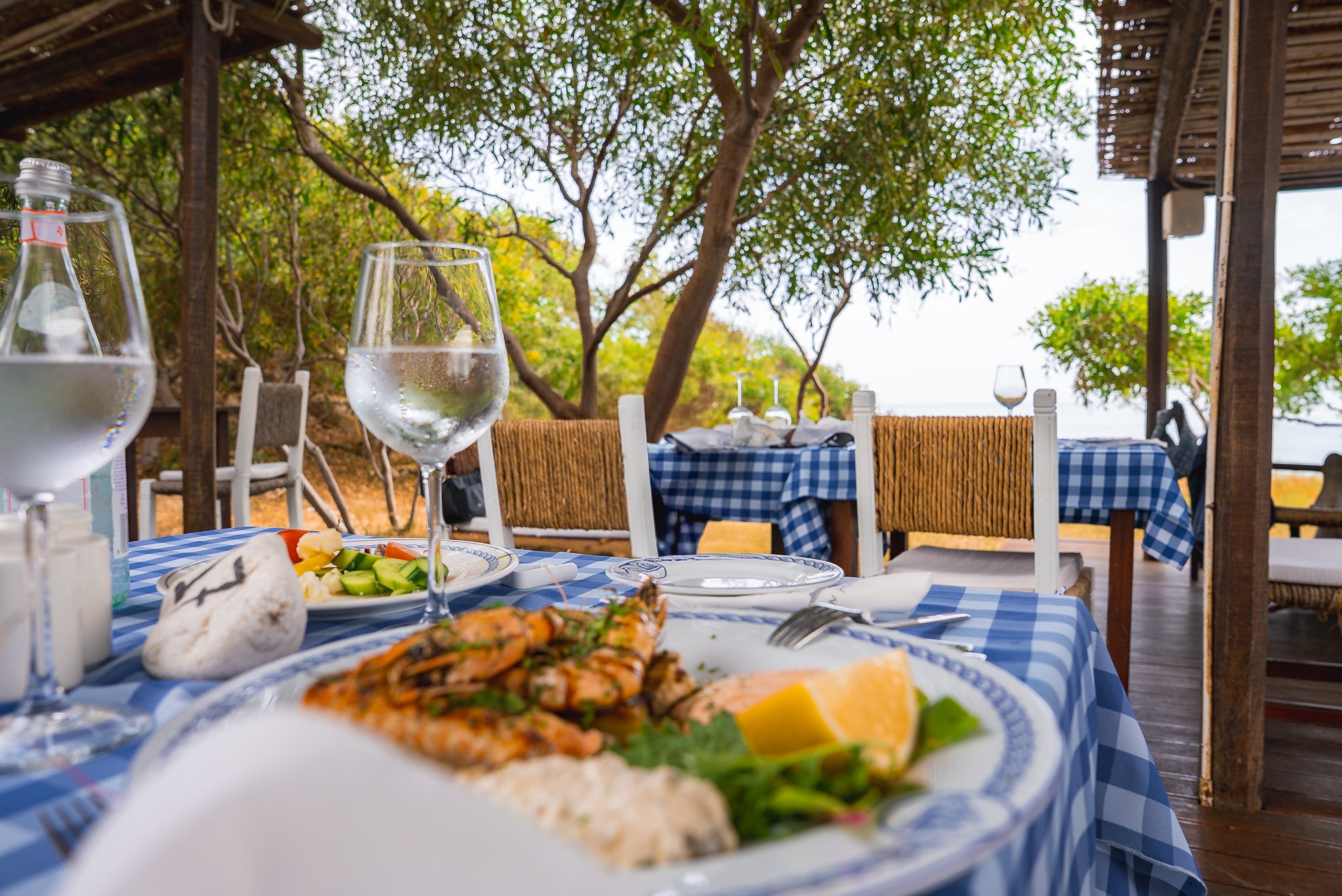Buying property in Cyprus can be exciting – but when it comes to making an offer, many international buyers feel uncertain. Unlike your home country, property negotiations in Cyprus may follow different customs. To avoid overpaying or losing your dream home, a clear strategy is essential.
From researching market values to submitting a legally sound agreement, this guide will help you navigate the offer process step-by-step and with confidence.
Contents

Understanding the property market
Before you begin negotiating or even viewing homes, it’s important to build a clear picture of local property values. Relying solely on the estate agent’s advice is rarely enough, especially as they represent the seller. Instead, take advantage of independent data sources.
Organisations including RICS Cyprus and Eurostat offer quarterly reports on Cypriot property prices. Cypriot news outlets also provide regular updates on market activity, demand levels and trends in key areas like Paphos, Limassol and Larnaca.
Use this research to find out:
- How long homes are typically on the market in your chosen area
- What similar properties have sold for
- If demand is rising or falling regionally
You should also consider how your finances and circumstances affect your bargaining power. If you are buying with someone else, have open conversations about your upper price limit before you enter into discussions with sellers or agents. Internal disagreements could delay or derail your offer.
Deciding on your approach
Cypriot sellers often expect some negotiation. However, how much below the asking price you begin with will depend on the current market, property location and seller’s situation.
In a buyer’s market – where properties stick around for months – offering 10% to 15% below asking can be reasonable. In contrast, in highly desirable areas like Limassol’s coastline, properties can command full asking price or close to it, especially if there are multiple interested buyers.
Before settling on your figure, ask your estate agent about the property’s background. Helpful questions include:
- Has the seller received other offers?
- How long has the property been listed?
- Is the seller in a rush to complete?
- Are there any known defects or required repairs?
If the property is new or bought off-plan, price flexibility tends to be lower. While developers may be firm on base pricing, they might be open to offering extras – such as kitchen upgrades, appliances or parking – particularly if they are near the end of a project or financial quarter.
Keep notes of any concerns you have, such as requesting confirmation of planning permission for future renovations. These details should be included in your offer documentation.
Making your offer
When you’ve found the right property and considered your budget, it’s time to make your offer. Most buyers submit offers through the estate agent, who passes the proposal to the seller.
Your offer should state:
- The price you’re willing to pay
- Any conditions (like subject to a loan being approved)
- Your proposed timeframe for completion
Be clear and professional. If you’re a cash buyer or have a mortgage already approved, this strengthens your offer and may allow for negotiation on price or conditions. Let the seller know you are a serious buyer who is ready to move forward.
While a verbal offer may initiate the process, nothing is official until agreements are signed. Only negotiate on a property you are willing to buy. If you’re unsure about any aspect, pause and get advice before proceeding.
Some sellers will accept immediately, others may counter-offer. Decide how far you’re prepared to go before increasing your offer, and don’t allow emotions to cloud your judgement.
After your offer is accepted
Once your offer has been accepted by the seller, it’s crucial that you formalise the agreement promptly and protect your purchase.
The estate agent will usually remove the property from advertising and stop viewings. You’ll be asked to sign a reservation agreement and pay a reservation fee. This is usually €3,000 to €10,000 and shows your commitment.
Before paying or signing, consult your independent lawyer. They should confirm:
- Who holds the deposit (ideally, a neutral third party)
- What happens if either party pulls out
- The timescales for signing the sale and full payment
In Cyprus, gazumping (having your agreed price surpassed by another buyer) is rare, but not illegal. The reservation agreement helps prevent this. However, ensure the agreement includes clauses that allow you to be refunded if crucial issues are discovered during due diligence, or if permissions are refused.
This phase is about securing terms in writing and reducing your risk. Take your time and don’t be pressured into signing anything without full clarity.
Formalising the sale with a legal agreement
With the initial agreement in place, your lawyer will prepare a formal Sales Agreement. This written contract sets out the full details of the transaction and is legally binding in Cyprus.
The agreement should include:
- The final purchase price
- Payment terms and deposit details
- Conditions such as repair requirements or regulatory approvals
- The date of completion
At this point, a deposit is paid – typically 10% for resale homes or between 20% and 30% for new builds. The funds should be transferred to a secure client account, not directly to the seller.
Your lawyer will also begin due diligence checks. These often include verifying title deeds, checking for outstanding debts, confirming legal boundaries and applying for approval to purchase from the Council of Ministers if you are not an EU national (a standard but required formality).
Once the legal checks are complete and the balance of the price is paid, the final transfer is signed and ownership is registered at the District Land Office. Only at this point do you officially become the legal owner.
For more information on making your offer, and all stages of the property buying process in Cyprus, download our free Cyprus buying guide:
Download the Cyprus Buying Guide
Making an offer in Cyprus doesn’t have to feel overwhelming. With careful research, clarity on your budget and expert advice, you’ll be positioned for a successful purchase.
At Your Overseas Home, we work with trusted estate agents, solicitors, and financial advisers across Cyprus. They are ready to help you negotiate clearly, protect your rights and complete confidently.
Ready to plan your property purchase in Cyprus? Speak to a local property consultant today.
They can help you understand the market, plan your finances, and start your journey to owning a home in Cyprus.
Making an offer on a Cypriot property is just one step in a wider process. To ensure success, be sure to explore our full guide on how to buy property in Cyprus. Not sure which part of the island is right for you? Our expert guide on where to buy property in Cyprus can help you choose a location that matches your lifestyle, budget and investment goals.
Making an offer in Cyprus FAQs
It depends on the local market. In slower areas, offering 10–15% below asking can be acceptable. In high-demand zones like Limassol’s coastline, offers close to or at full asking price may be required, especially if there are multiple interested buyers.
Yes, although it is rare. Sellers can legally accept a higher offer after yours. This is why signing a reservation agreement with clear terms and timelines is strongly advised to protect your position.
After acceptance, you’ll typically sign a reservation agreement and pay a holding deposit. Your lawyer will then carry out due diligence, draft a formal sales agreement, and guide you through the process of legal transfer via the District Land Office.
While not legally required at the offer stage, it’s strongly recommended. A lawyer ensures your offer and reservation agreement include protective clauses and confirms that funds are handled securely before any commitment is made.









